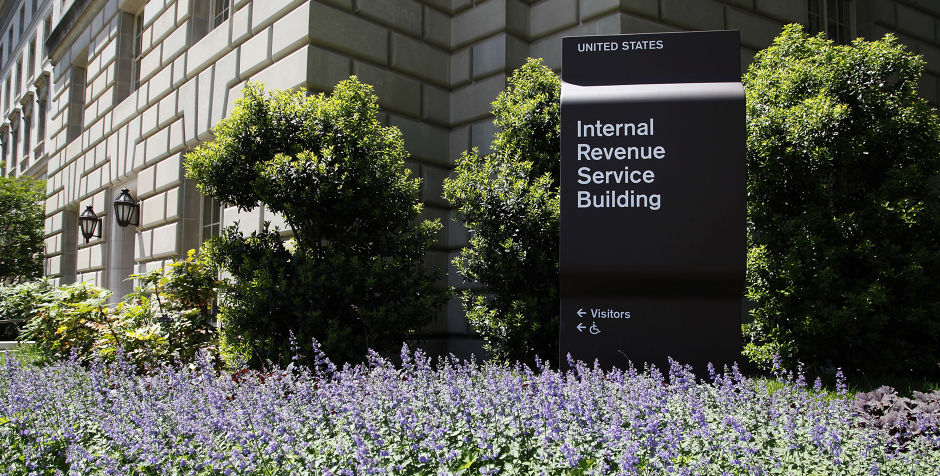ACLJ Forces IRS To Comply With the Law in Major Federal Lawsuit
The ACLJ has secured an important victory in our Freedom of Information Act (FOIA) case against the IRS on behalf of Citizens for a Strong New Hampshire. After a year of litigation, which followed over four months of waiting for the IRS to respond to our FOIA request, we finally succeeded in compelling the IRS to comply with its obligations under federal law.
As we have previously written, Citizens for a Strong New Hampshire issued a FOIA request to the IRS in June 2014 seeking communications between two New Hampshire legislators and certain IRS officials, including Lois Lerner, the IRS’s Exempt Organizations Director who was at the center of the IRS Tea Party targeting scandal. Rather than search for and provide responsive documents within the statutory time period, the IRS sat on the request for months as the November 2014 elections approached. This delay blatantly flouted the very purpose of the Freedom of Information Act, as it prevented Citizens for a Strong New Hampshire from knowing whether these legislators had engaged in any communications with the IRS in which the New Hampshire public might be interested—and, if so, disseminating that information to voters prior to the November elections.
In order to get a response from the IRS, we filed a federal lawsuit on behalf of Citizens for a Strong New Hampshire. While the IRS did perform a search and provide some responsive documents shortly thereafter, it was not at all clear that the agency had searched all sources reasonably likely to contain responsive records or that the records it refused to produce were properly withheld. After raising these issues with the court, we succeeded in forcing the IRS to provide the withheld documents to the court—essentially a means of providing the necessary assurances that the IRS had not withheld documents to which the organizations enjoyed a right of access. We also obtained an order from the court explaining that the IRS had failed to demonstrate the reasonableness (i.e., thoroughness) of its search for documents.
The upshot of the court’s order was that we would be heading to trial—a highly unusual occurrence in FOIA cases. On its own initiative, however, obviously realizing that its prior search was deficient, the IRS undertook two additional searches and provided the necessary information to Citizens for a Strong New Hampshire (and the court) to demonstrate the appropriateness of these new searches.
In short, the IRS finally decided to fully comply with its legal obligations under FOIA, providing Citizens for a Strong New Hampshire with the relief it had been seeking for nearly a year and a half.
We are pleased to have obtained this positive outcome for Citizens for a Strong New Hampshire and will continue to pursue litigation in federal appeals court on behalf of the numerous nonprofit organizations that are still seeking relief from the IRS’s unlawful targeting of conservative groups.

